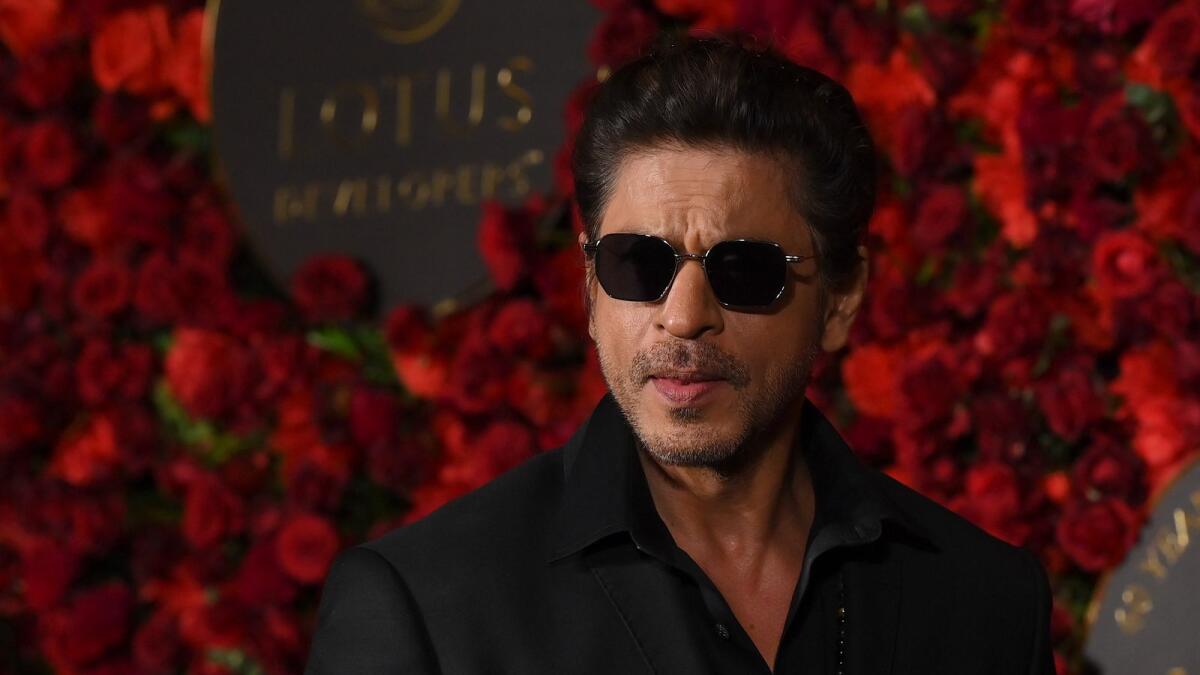Bollywood superstar Shah Rukh Khan was admitted to the hospital in Ahmedabad on Tuesday, May 21, after his condition worsened following the play-off between Kolkata Knight Riders and Sunrisers Hyderabad. The actor received primary treatment for dehydration and was discharged from the hospital. This incident occurred amidst severe heatwave conditions in India, with temperatures reaching as high as 47.4ºCelsius in Delhi’s Najafgarh suburb. The Indian Meteorological Department has warned of the health impacts of the heat, especially for vulnerable populations such as infants, the elderly, and those with chronic diseases.
India is no stranger to scorching summer temperatures, but recent scientific research has found that climate change is exacerbating heatwaves, making them longer, more frequent, and more intense. As a result, it is crucial for individuals to take necessary precautions to protect themselves from the extreme heat. Staying hydrated, avoiding direct sunlight during peak hours, and wearing light and breathable clothing are some of the key measures that can help prevent heat-related illnesses. It is also important to stay informed about weather forecasts and advisories from local authorities to stay safe during such extreme weather conditions.
The incident with Shah Rukh Khan serves as a reminder of the importance of taking care of one’s health during times of extreme heat. Dehydration, heat exhaustion, and heatstroke are common risks during heatwaves, and it is essential to recognize the symptoms and seek medical attention if needed. By staying informed, staying hydrated, and avoiding prolonged exposure to the sun, individuals can reduce their risk of heat-related illnesses and stay healthy during hot weather. It is advisable to plan outdoor activities early in the morning or late in the evening when temperatures are cooler to minimize the risk of heat-related issues.
Authorities in India are also taking measures to address the impact of heatwaves on public health. Public awareness campaigns, distribution of free drinking water, and setting up cooling centers in urban areas are some of the initiatives aimed at protecting the vulnerable populations from the extreme heat. Additionally, healthcare facilities are being equipped to handle an increase in heat-related illnesses, and medical professionals are being trained to provide timely and effective treatment to those affected by the heatwaves. These efforts are crucial in minimizing the health risks associated with extreme heat and ensuring the well-being of the population during summer months.
As climate change continues to worsen the impact of heatwaves in India and around the world, it is essential for individuals, communities, and governments to work together to mitigate the effects of rising temperatures. Implementing sustainable practices, reducing greenhouse gas emissions, and investing in resilient infrastructure are some of the long-term solutions that can help address the root causes of climate change and reduce the frequency and intensity of heatwaves. By taking proactive measures to adapt to changing climate conditions, we can build a more resilient society that is better equipped to cope with the challenges of extreme weather events.
In conclusion, the incident involving Shah Rukh Khan’s hospitalization highlights the need for individuals to be vigilant about their health during heatwaves and extreme weather conditions. By taking simple precautions, staying informed, and seeking medical help when necessary, people can protect themselves from the risks of heat-related illnesses. It is also important for governments and communities to implement strategies to mitigate the impact of heatwaves and climate change, ensuring the safety and well-being of all individuals, especially the vulnerable populations. By working together and acting decisively, we can create a healthier and more sustainable future for generations to come.










